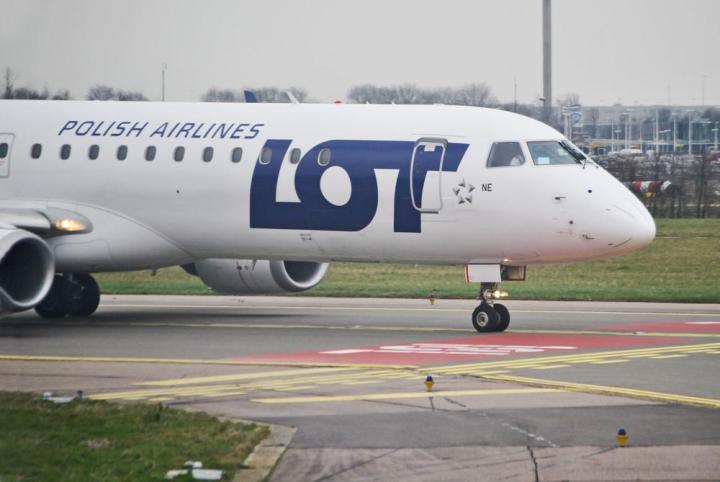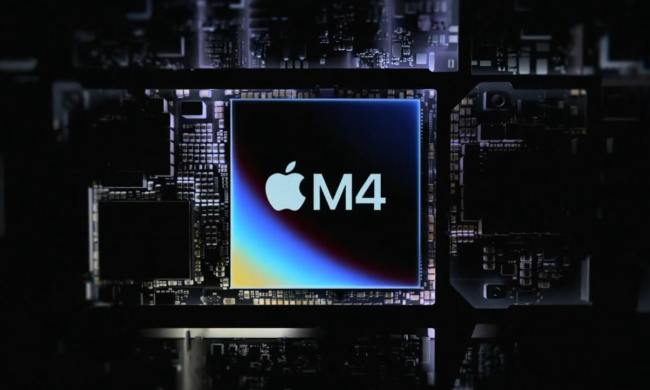
As the airline continues to get its flight schedules back to normal, a LOT spokesperson suggested other airlines are likely to be using the same or similar technology, meaning they too could be vulnerable to attack.
“We’re using state-of-the-art computer systems, so this could potentially be a threat to others in the industry,” LOT’s Adrian Kubicki told the BBC, adding that the hack did not affect the airport itself in any way, nor planes that were already in the sky.
Backing up Kubicki’s comments, LOT chief executive Sebastian Mikosz said at a press conference on Monday, “This is an industry problem on a much wider scale, and for sure we have to give it more attention. I expect it can happen to anyone anytime.”
No one has claimed responsibility for the security breach, which came just weeks after United Airlines flights were grounded due to a company-wide issue with its computers. United has never said if it was related to a hack, at the time saying only that the flight delays were down to ensuring “aircraft departed with proper dispatching information” – wording that makes it sound rather similar the incident that hit LOT.
As pointed out in a recent NY Times piece, the Government Accountability Office (GAO) said in April that the Federal Aviation Administration (FAA) should focus more on cybersecurity issues as the industry upgrades its technology.
“Modern aircraft are increasingly connected to the Internet. This interconnectedness can potentially provide unauthorized remote access to aircraft avionics systems,” GAO said in its report.
As some hackers with nefarious intent turn their attention to aircraft and airline systems, the flying public will have to have strong faith in the industry’s ability to tackle such intrusions and prevent incidents worse than just a disruptive delay on the tarmac. We sincerely hope it’s up to the job.


